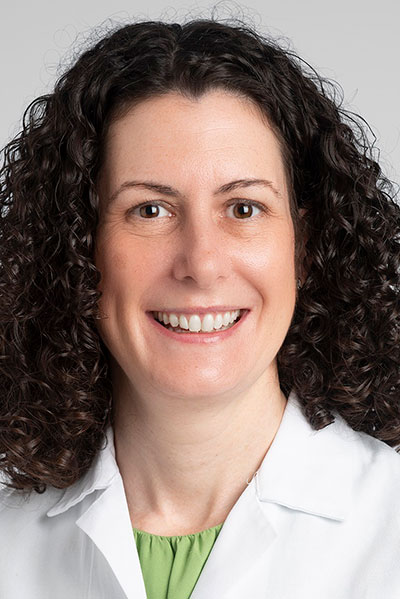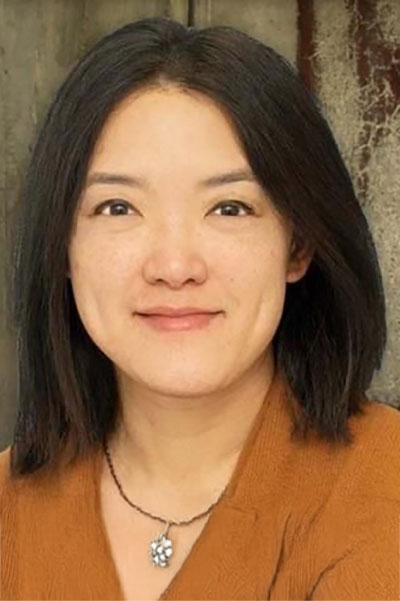The Allergy, Immunology, and Inflammation (All) Assembly is among the largest and most diverse of the ATS assemblies, with members interested in all aspects of allergy, asthma, genetics, and how the immune response and inflammation regulate host defense and all forms of lung disease as part of a unified effort to better understand the pathogenesis of lung diseases and improving care for patients.

The assembly’s educational programming for the ATS 2025 International Conference features cutting-edge research and clinical guidance to spark conversations and share lessons that can be implemented into practice once attendees return home from San Francisco.
“We typically program quite a bit of content focused on asthma, but we also focus on more general topics such as lung injury mechanisms and repair, as well as innate and adaptive immunity in lung injuries, so we try to cover a lot over just a few days at the International Conference,” explained Rachel Scheraga, MD, ATSF, associate professor of medicine in the Cleveland Clinic Lerner College of Medicine and program chair for the AII Assembly.
Artificial intelligence (AI) and machine learning (ML) have become hot topics across many industries, including health care. Accordingly, the All Assembly has curated several opportunities to explore the mechanisms and applications of these technologies.
“We’re using ML and AI approaches to make sense of a lot of data and looking at it from different perspectives that would take the human brain years or decades to complete manually,” said Yvonne Huang, MD, ATSF, associate professor in the Departments of Internal Medicine and Microbiology/Immunology at the University of Michigan – Ann Arbor, and program chair-elect for the All Assembly. “Leveraging a powerful tool like ML can allow us to find patterns the human brain wouldn’t have been able to.”
At 2:15 p.m. PT on Sunday, May 18, the scientific symposium, “Revolutionizing Respiratory Disease Management with Machine Learning and AI Insights” will examine the potentially transformative role machine learning (ML) and artificial intelligence (AI) can play in respiratory disease management.

“The symposium will show how the application of ML and AI to electronic medical data can be used to help us understand and potentially predict how a patient is going to do and whether they’re likely to respond to clinically accessible treatments,” Dr. Huang said. “It should be a helpful demonstration of the practical realizations for these technologies and how people or systems are leveraging them to actuate and improve clinical outcomes.”
Panelists will discuss current trends, future potential, and ethical considerations for ML and AI to uncover how these tools can provide predictive insights, enhance diagnostic accuracy, and tailor patient interventions to ultimately improve outcomes and public health strategies.
“I think pairing these technologies with the skills we already have is going to revolutionize preclinical research,” Dr. Scheraga said. “It could also significantly impact clinical care. For example, developing alerts on our patient charts that outline how to provide optimized care for each patient.”
The All Assembly program chairs also highlighted that interested attendees can also dive into these practical applications of AI and ML during the mini symposium, “‘Omics Odyssey Across Lung Diseases,” starting at 9:15 a.m. on Tuesday, May 20. For those interested in learning more about omics technology, the All Assembly has programmed several abstract/poster discussions, including “COPD: The Age of Omics,” “‘Omics and Outcomes: Translational Studies Across Lung Diseases,” and “Discovery Omics and Computational Strategies in Lung Disease Research.”
For the comprehensive listing of All Assembly educational offerings, please visit ATSConference365.
Register Today for ATS 2025

Register today for the ATS 2025 International Conference! Don’t miss the opportunity to experience this year’s premier respiratory health conference, May 16-21 in San Francisco. Join your colleagues to learn about the latest pulmonary, critical care, and sleep medicine developments. Not an ATS member? Join today and save on your conference registration!

